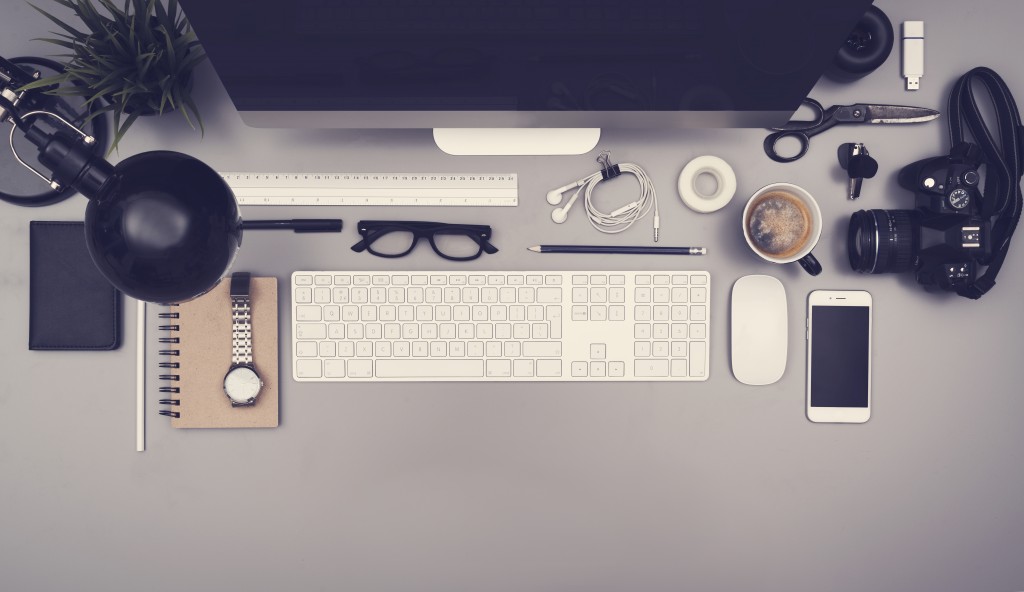A disorganised physical or digital workspace doesn’t only cause frustrations but also financial losses to the company. Imagine the man-hours wasted just by looking for a single document or doing a report all over again because someone lost the original copy. Also, the clutter curbs workers’ ability and focus to process information and complete tasks excellently.
While being organised is almost a second nature for many, not all are blessed with that skill. Yes, getting rid of your clutter can be a hefty task. But don’t you want to have a desk that’s neat and has a properly filled ‘URGENT’ folder? This is where Marie Kondo comes in. Start your journey to a more organised space by living through her quotes:
“Visible mess helps distract us from the true source of the disorder.”
As Marie Kondo said, a visible mess distracts us from the important things. Make sure to get rid of extra items on your workspace. You don’t want the clutter to distract and slow you down. For instance, you cannot use your desk efficiently if it’s covered with papers and folders. How to organise them? Put everything that you frequently use within arm’s reach. This way, you avoid wasting time standing up to get the stuff that you need. But all the unnecessary items on your desk should be on the drawers, instead.
“Clutter is caused by a failure to return things to where they belong.”

Start by picturing your ideal workspace and what you need to be productive. Anything that doesn’t belong in that picture should be put back where they used to be. Be ruthless in sorting your files. If you can’t think of a reason for keeping a file, throw it. Set aside essential files and label them for easier access.
Also, assign categories to your archives, so it would be easier for you to find them when you need them. For example, your cladding company’s hospital wall protection invoices and paint receipts should be filed under accounts receivable and reimbursements, respectively.
“Tidy a little a day, and you’ll be tidying forever.”
If a task would only take two minutes to finish, do it right away. This will help you build small habits every day. This also applies to your emails. Make sure to regularly manage your inbox and answer emails as soon as you receive them (if it can be done under two minutes) to keep them from piling up.
Also, take advantage of email features like labels and folders to categorise emails depending on who it is from and what it is about. Spam emails are a pain. Once you get one, mark it as such. It will help your email provider get rid of similar emails in the future.
Organising and getting rid of stuff may be easy, but the real work is to maintain what you started. Build that skill and remember what Marie Kondo said, “People cannot change their habits without first changing their way of thinking.”

